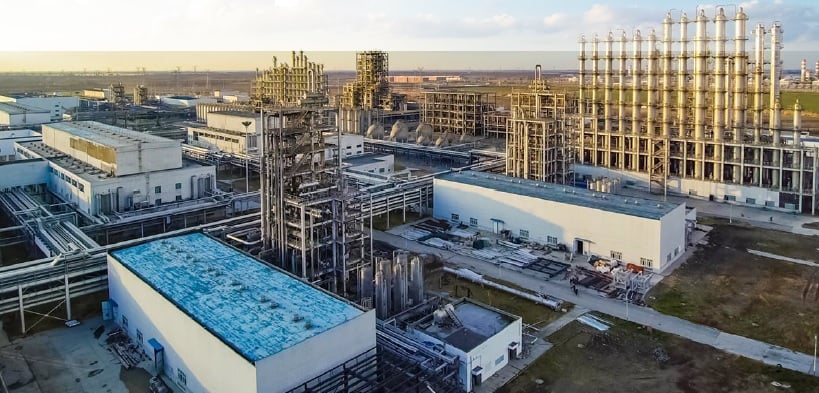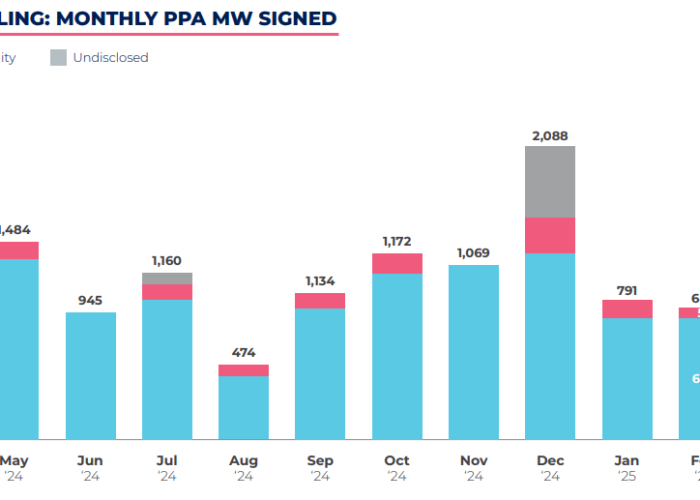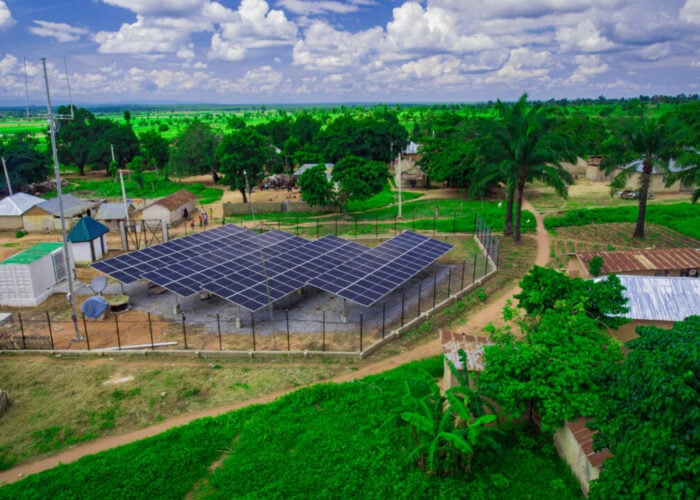
Polysilicon manufacturer Daqo New Energy is set to proceed with its initial public offering (IPO) after completing its registration with the China Securities Regulatory Commission (CSRC).
Earlier this month Daqo said that its application had been filed with the CSRC, also revealing as part of that process that it expected to record a 50% leap in sequential revenue this year.
Unlock unlimited access for 12 whole months of distinctive global analysis
Photovoltaics International is now included.
- Regular insight and analysis of the industry’s biggest developments
- In-depth interviews with the industry’s leading figures
- Unlimited digital access to the PV Tech Power journal catalogue
- Unlimited digital access to the Photovoltaics International journal catalogue
- Access to more than 1,000 technical papers
- Discounts on Solar Media’s portfolio of events, in-person and virtual
Or continue reading this article for free
Having now completed the registration of its IPO with the CSRC, Daqo said the issuance process would begin soon, kickstarting the issuance which the company said would complete within four weeks.
The timeline means Daqo looks to be on track to list on the Shanghai Stock Exchange’s Sci-Tech innovation board, otherwise known as the STAR market, on schedule next month.
Longgen Zhang, chief executive at Daqo New Energy, said the IPO would strengthen the company’s position in the polysilicon supply market while allowing it to invest further in R&D and quality improvements.
Daqo’s current annual polysilicon production stands at 70,000 metric tons, however capacity for a further 35,000 metric tons is due to come onstream in Q1 2022.
Prospective prices for Daqo’s IPO and expected proceeds have yet to be disclosed.
The listing comes amidst a flurry of investment activity in polysilicon production as the industry looks to both rapidly expand production capacity and lock-in supply chains. Late last week Xinte Energy revealed both JinkoSolar and JA Solar were to invest in a new 100,000 ton production facility in Inner Mongolia, giving the two module manufacturers priority over the polysilicon it produced.







